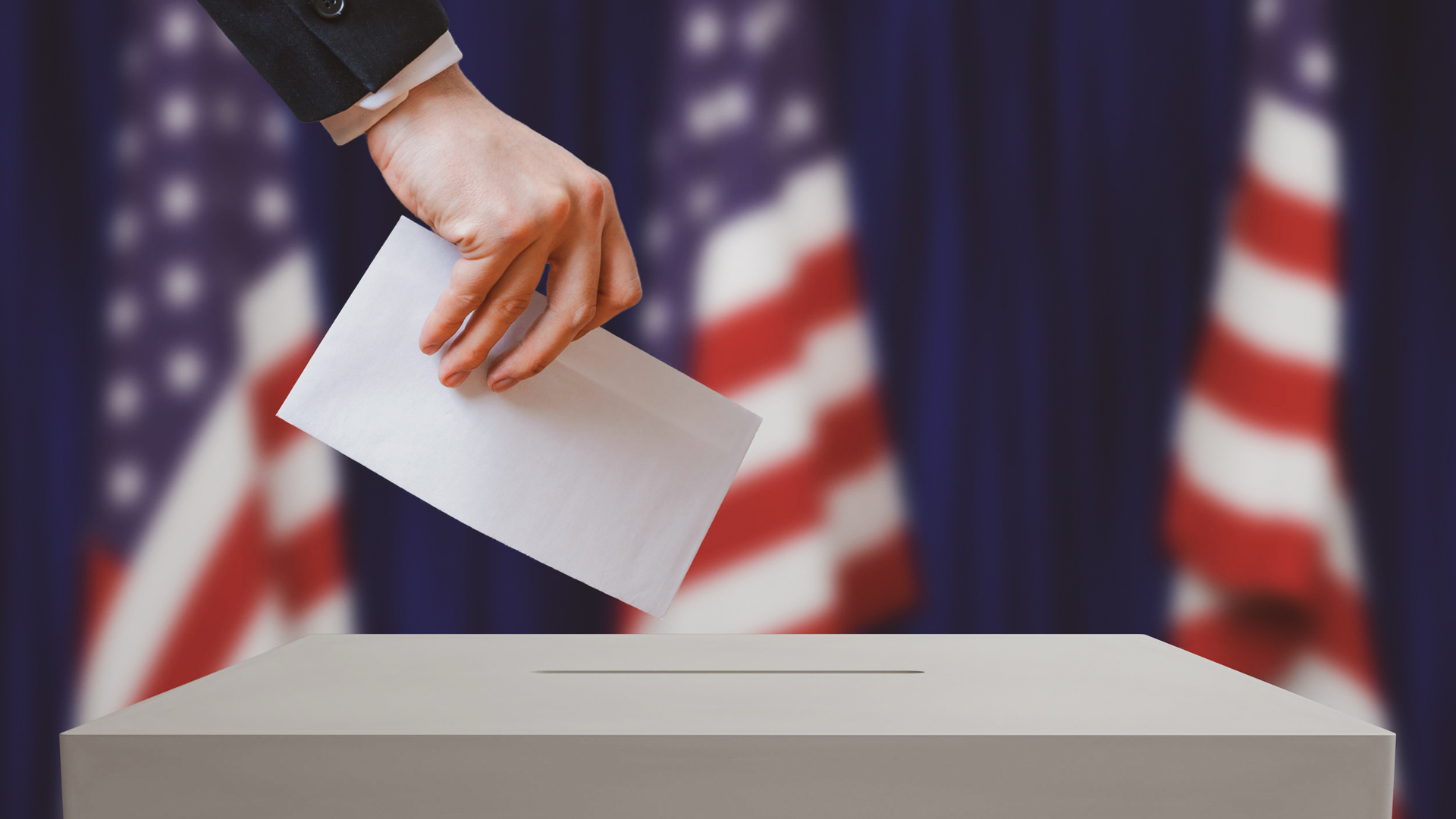
Unique System
16.03.2022
Five times in history, American presidential candidates have won the popular vote but lost the Electoral College. This has led some to question why Americans use this system to elect their presidents in the first place.
The Founding Fathers established the Electoral College in the Constitution, in part, as a compromise between the election of the President by a vote in Congress and election of the President by a popular vote of qualified citizens. However, the term “electoral college” does not appear in the Constitution. Article II of the Constitution and the 12th Amendment refer to “electors,” but not to the “electoral college.”
And even more important, the Constitution says nothing about how the states should allot their electoral votes. The assumption was that each elector’s vote would be counted. But over time, all but two states (Maine and Nebraska) passed laws to give all of their electoral votes to the candidate who wins the state’s popular vote count. Any semblance of elector independence has been fully wiped out.
Many different proposals to alter the Presidential election process have been offered over the years, such as direct nation-wide election by the eligible voters, but none has been passed by Congress and sent to the States for ratification as a Constitutional amendment. Under the most common method for amending the Constitution, an amendment must be proposed by a two-thirds majority in both houses of Congress and ratified by three-fourths of the States.

